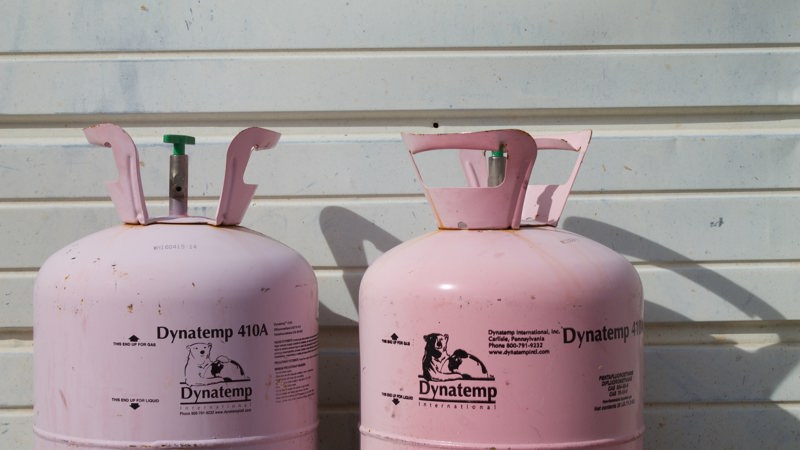
To help achieve the EU’s climate aims, the gas system will need to transition away from natural (fossil fuel) gas towards renewable and low-carbon gases (including biomethane and hydrogen).
If blended together (or, during the transition, with natural gas), this would change the gas quality in the gas system. This in turn could pose challenges for infrastructure operators, gas consumers and appliance manufacturers, who might be adapted for today’s gas quality (based mainly on natural gas).
Frontier Economics has been working with the European Commission to understand the necessary regulatory framework for agreeing on gas quality standards across the EU and for ensuring that gas quality is managed cost-effectively. Our key findings include that:
- There is a case for increased co-ordination between EU Member States on agreeing gas quality standards
- Existing dispute settlement mechanisms should be made fit-for-purpose for a world in which renewable and low-carbon gases are deployed in greater quantities
- All players need to be incentivised to contribute towards minimising the costs of managing different gas qualities in the system
On 30 April, Frontier’s Vikram Balachandar will be discussing our work with the European Commission’s Gas Regulatory Forum (also known as the Madrid Forum), which brings together key stakeholders in the European gas sector (including regulators, governments, and gas industry representatives) discuss opportunities and challenges related to the creation of an internal gas market in the EU. The slides for the presentation are available here
The work is in addition to Frontier’s support to the European Commission on hydrogen infrastructure regulation. Both pieces of work will contribute to the Commission’s proposals for energy market reforms (which will be published in draft in Q4 2021), following public consultation with stakeholders.
Frontier regularly advises public and private sector clients on a range of regulatory and market design issues in the energy sector.








